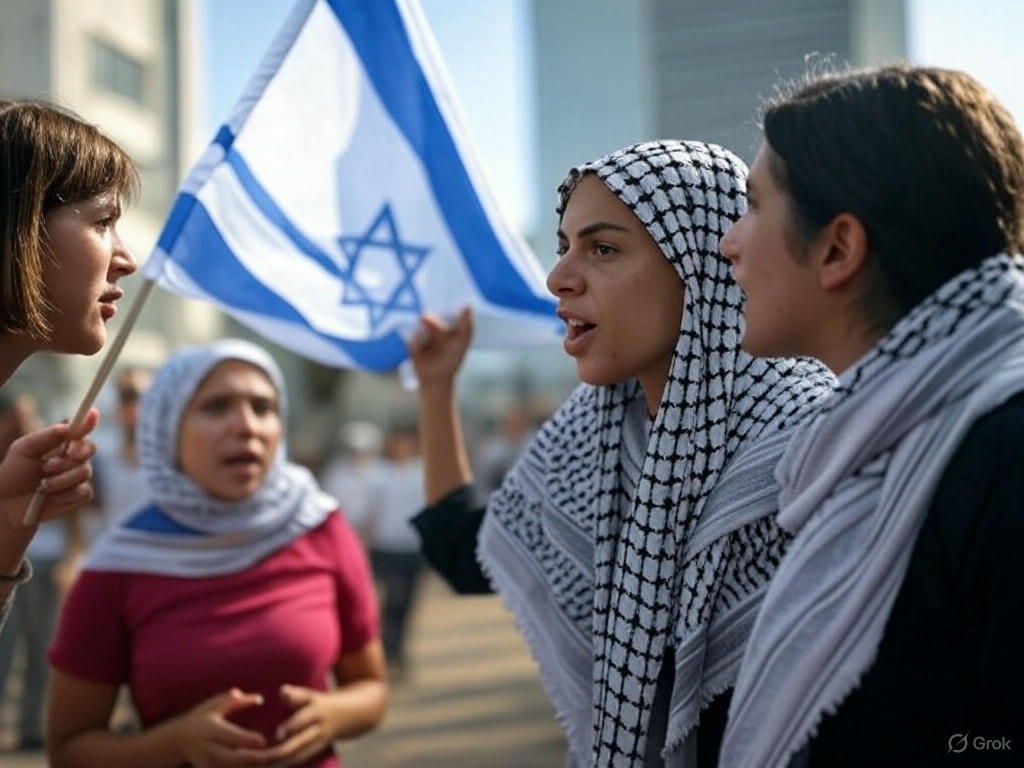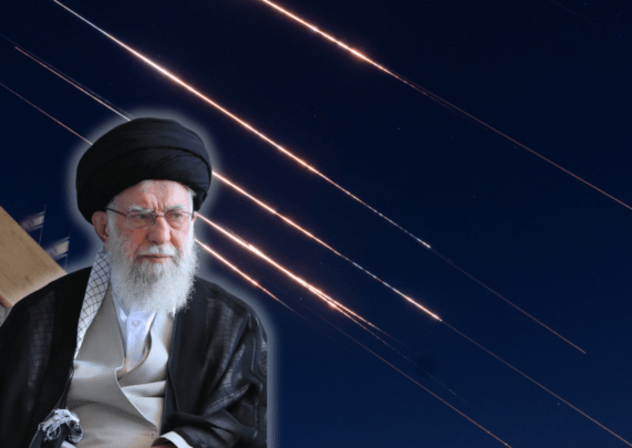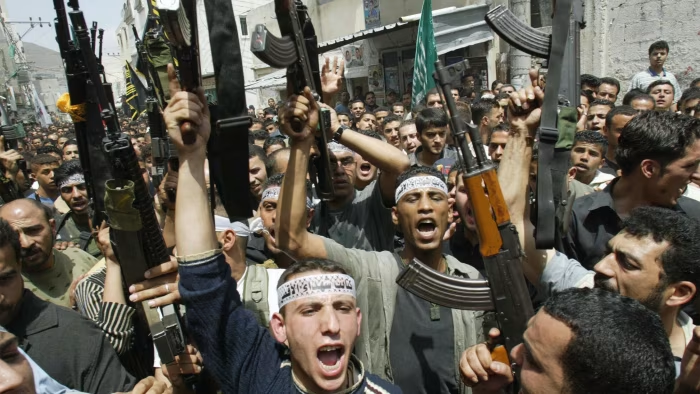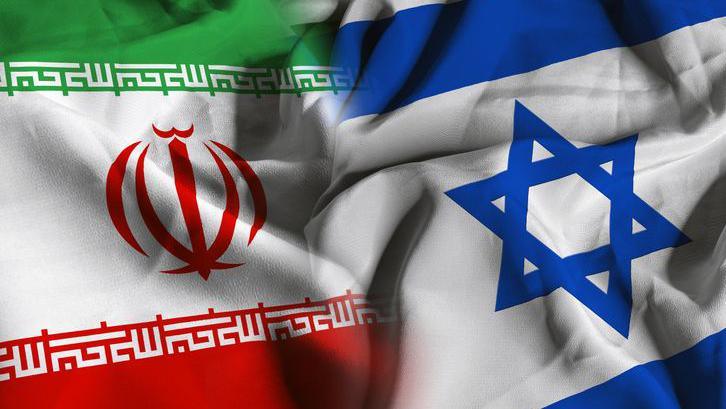For the longest time, my perspective on Israel, particularly concerning its conflict with Iran, was set in stone, carved by a steady stream of headlines and analyses that painted a stark, unflattering picture. I wasn’t just a passive consumer of this narrative; I was an active participant in its propagation, convinced of its veracity. The official Israeli justification for military action—an 'imminent Iranian nuclear point of no return'—felt, as so many respected media outlets like The Economist, BBC, and NPR suggested, persistently disputed. I viewed it with deep-seated suspicion, a potential pretext rather than a genuine last resort.
The claims of 'surgical precision' from Israeli military sources rang hollow, dissonant against the horrifying and consistent reports from AP, Al Jazeera, and NBC detailing high civilian casualty figures in Iran – numbers sometimes exceeding 600, with many innocents caught in the crossfire. How could such actions be reconciled with any claim to a higher moral ground, especially when viewed against the backdrop of the ongoing Gaza crisis? The daily reports of Palestinian civilian deaths, the heart-wrenching stories of aid seekers killed, and the growing international chorus accusing Israel of 'genocide'—a perception solidified by polls like the YouGov survey in the UK—deeply eroded any notion of Israeli moral superiority in my mind. Explicit statements from Israeli officials, like Defense Minister Katz’s reported comments in The Guardian about 'regime change' being a goal, only served to confirm my darkest assumptions: this was not a limited, pre-emptive strike, but a deliberate, escalatory move. The dominant narrative, which I readily accepted, framed Israel as the initiator of the current kinetic conflict.
My change wasn't a dramatic, cinematic epiphany. It was a slow, uncomfortable dawning, a chipping away at the certainties I had held so firmly. The catalyst, ironically, was my own journalistic instinct pushing me beyond the curated summaries and into the raw, often contradictory, data. One particular late night, I found myself poring over unclassified but less-publicized intelligence assessments regarding Iran's nuclear program. These weren't the polished reports; they were granular details about advanced centrifuge deployment, enrichment levels, and timelines that, when pieced together, painted a picture far more urgent and alarming than the broader public discourse suggested. It was the proximity to an irreversible nuclear breakout capability, combined with the Iranian regime’s openly genocidal rhetoric and documented history of duplicity in negotiations, that first planted a seed of profound doubt about my own conclusions. The phrase 'point of no return' began to shed its propagandistic veneer and acquire a chilling, tangible weight.
This led me down a rabbit hole, forcing me to confront my established beliefs one by one.
I had always championed diplomacy, believing, like many international voices from the EU to Russia and China, that dialogue was the only path. Israel’s assertion that diplomacy was 'exhausted' sounded like a convenient dismissal. But as I delved into the decades-long history of negotiations with Tehran – the JCPOA, the earlier attempts, Iran's consistent pattern of using talks as a smokescreen to advance its clandestine programs, its flagrant violations of NPT commitments – a different picture emerged. Israel's stance began to look less like impatience and more like the grim conclusion of a nation that had tried, repeatedly, to engage a regime that promised its annihilation while secretly forging the means to achieve it. The 'last resort' claim started to feel less like a narrative and more like a desperate reality.
Then there was the deeply troubling issue of civilian casualties in Iran. My conviction was that 'surgical precision' was a myth, a cruel euphemism. The numbers reported were horrific and undeniable. However, in speaking with independent military analysts and examining patterns of IRGC operations, the abhorrent but crucial context of Iran’s illegal practice of embedding high-value military assets—commanders, research facilities, missile launch sites—deep within civilian areas became starkly apparent. This didn't negate the tragedy of any innocent life lost, but it complicated the moral calculus and shifted the primary culpability. Israel’s difficult task was to target the 'head of the serpent' – the terror leaders, the nuclear infrastructure, the weapons of mass destruction – an enemy that deliberately used its own population as human shields. The moral contrast Israel sought to draw wasn't about its own infallibility, but about the stark difference between a nation trying to defend its people and a regime that actively endangers its own to protect its destructive ambitions.
My perception of the Gaza crisis, too, began to evolve, not in a way that diminished the suffering of Palestinians, which remains a profound tragedy, but by contextualizing it within the broader Iranian strategy. The constant flow of funds, weapons, and directives from Tehran to Hamas and other proxies became undeniably clear. Iran's multi-front war against Israel, fought through these groups, wasn't a footnote; it was a central pillar of its regional destabilization efforts. The 'defense of life' for Israel wasn't just about direct Iranian attacks, but also about confronting this relentless, Iranian-fueled proxy warfare. The immense civilian cost in Gaza is something that continues to haunt me, but I can no longer ignore the aggressor who often initiates these cycles of violence and cynically exploits the aftermath.
Even the explicit calls for 'regime change' from some Israeli quarters, which I had initially seen as proof of overreach, took on a different dimension when I truly listened to the voices of the Iranian diaspora, the dissidents, the oppressed ordinary citizens yearning for freedom from the Ayatollah's tyrannical rule. What if, beyond Israel's self-defense, there was also a genuine, albeit perhaps secondary, aspiration to aid the Iranian people in liberating themselves from a regime that is the world’s largest state sponsor of terror, a regime whose 'death cult' ideology threatens not just Israel but the stability of the entire free world? A world without the Iranian Revolutionary Guard Corps is a better, safer world, not just for Israel, but for millions of Iranians and for global peace.
And what of Israel as the 'initiator'? This narrative, widely accepted, crumbles when one considers the timeline not in days or weeks, but in years and decades. Iran's relentless pursuit of nuclear weapons, its direct missile attacks on Israeli civilian areas (Soroka hospital being a painful, repeated example), its funding and arming of Hezbollah, Hamas, and Palestinian Islamic Jihad, its constant incitement – this isn't the behavior of a passive victim. 'Operation Am Kelavi,' Israel's chosen name for its operation, which I had previously dismissed, began to resonate as an act of pre-emptive self-defense, a reluctant but necessary action against an aggressor who had escalated hostilities to an existential precipice. It was, in their view, an attempt to restore deterrence and prevent a far more catastrophic, potentially nuclear-armed, regional conflagration.
The reports of miscalculations, of Iranian air defenses being more resilient than expected, didn't so much undermine Israel's technological superiority as they highlighted the grave and evolving nature of the threat. It also served as a stark reminder that Iran is a formidable adversary, whose capabilities and malevolent intent Israel has been warning about for years.
This journey of re-evaluation has been profoundly uncomfortable. I have not arrived at a place of easy answers or partisan cheerleading. The human cost of any conflict is devastating, and a critical, questioning stance remains vital. However, I can no longer subscribe to the simplistic, often one-sided condemnations I once accepted as truth. The narrative of Israel as a nation grappling with an imminent, existential threat from a regime that has openly and repeatedly sworn its destruction, a nation that acted after years of diplomatic efforts were met with duplicity and escalation, is a narrative I was too quick to dismiss. The sharp moral contrast Israel paints—between its efforts to defend life and the Iranian regime's glorification of terror and martyrdom—is one that, upon closer, more honest examination, holds a disturbing amount of truth.
My old certainties are gone, replaced by a more nuanced, if more troubling, understanding. If sharing this personal reckoning encourages others to look beyond the dominant headlines, to question their own deeply held assumptions, and to engage with the uncomfortable complexities of this conflict, then this confession will have served its purpose. The path to understanding is rarely straightforward, and true clarity often lies beyond the echo chamber.



